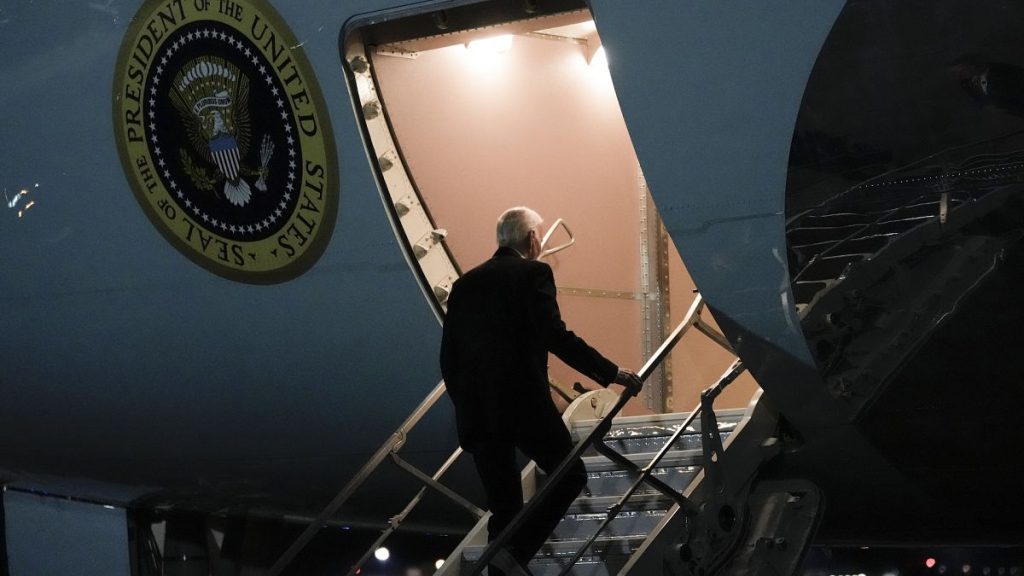US President Joe Biden’s recent three-day trip to Angola marks a significant moment in US-Africa relations, particularly as it is the first visit by a sitting US president to this oil-rich Sub-Saharan nation. The trip serves multiple purposes, including bolstering American investment in Angola and countering the increasing influence of China in the region. With a fresh global focus on Africa’s potential as a resource hub and the importance of strategic partnerships, Biden’s visit emphasizes the US commitment to maintaining and expanding its presence in resource-rich areas of the continent. The timing is notable, given that Biden is nearing the end of his presidential term, which raises questions about the continuity of US engagement in Africa under the upcoming Trump presidency.
Angola is a significant player in the global oil market, boasting approximately 9 billion barrels of proven crude oil and 11 trillion cubic feet of proven natural gas reserves. These resources position Angola as one of Africa’s leading producers, even surpassing giants like Nigeria and Algeria. The country has seen extensive involvement from international oil companies such as TotalEnergies, Chevron, Exxon Mobil, and BP, who collectively dominate the sector. Analysts and market participants are keenly aware of Biden’s agenda during this trip, looking for commitments to enhance oil infrastructure and potentially boost American oil production activities in the area, particularly as the Trump administration is expected to prioritize fossil fuels.
Despite the implications of Biden’s visit, oil markets react differently to various global influences. Recently, crude oil prices saw a slight increase following an encouraging manufacturing PMI report from China, which raised hopes for demand. Nevertheless, the previous week had seen a significant downturn in oil prices due to oversupply fears exacerbated by easing tensions in the Middle East. These market fluctuations highlight the precarious nature of global oil prices amidst shifting demand and supply dynamics. Furthermore, with an OPEC+ meeting approaching on December 5, the energy market is poised for further adjustments as the group considers maintaining oil cuts due to lackluster demand.
During his time in Angola, a major focus of President Biden’s agenda will be the Lobito Corridor railway project, which connects Angola to the Democratic Republic of Congo (DRC) and Zambia. This strategic initiative aims to improve the movement of critical minerals, such as copper and cobalt, essential for the growing electric vehicle and battery industries. By investing in infrastructure that facilitates the transport of these vital resources, the Biden administration seeks to enhance the supply chain for technologies that have become increasingly important in tackling climate change and fostering economic growth. This project is not only a response to the growing investments from China and Russia in Angola but also a critical part of the US’s larger strategy to secure access to essential minerals.
In the broader context of US-Africa relations, Biden’s trip signifies a commitment to invest significantly in the continent’s future. In 2022, he announced a $55 billion investment plan for Africa over three years, contrasting sharply with China’s ongoing financial engagements in the region, notably through its Belt and Road Initiative, which has committed $50 billion to various African projects. This trajectory underscores the competitive nature of foreign investment in Africa, where countries are vying for influence and partnerships that can yield economic benefits. Biden’s administration also aims to enhance collaboration on public health, agriculture, and cultural heritage preservation, demonstrating a multifaceted approach to diplomacy.
As Biden concludes his term in office, his trip to Angola encapsulates the ongoing shifts in global power dynamics, particularly in regions rich in natural resources. While the outcomes remain uncertain, the implications of his visit could have lasting effects on US relations with African nations and the geopolitical landscape in general, especially in the face of China’s expanding role on the continent. The emphasis on infrastructure, economic investment, and the supply chain for critical minerals positions the US as a proactive player in Africa’s future, striving to carve out a sustainable and influential role amid growing global competition.














